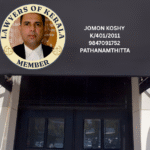Criminal Law – Corporal Punishment – Juvenile Justice (Care and Protection of Children) Act, 2015 – Bharatiya Nyaya Sanhita, 2023 – Right of Children to Free and Compulsory Education Act, 2009 – U.N. Convention on the Rights of the Child, 1989 – Enforceability of International Treaties – Teachers’ Liability for Disciplining Students.
2025 KER 47533 : 2025 KLT OnLine 2243
High Court of Kerala
Hon’ble Mr. Justice C. Jayachandran
Cr.M.C. Nos. 8067/2024, 9017/2024 & 10077/2024; June 27, 2025
Key Issues:
-
Whether corporal punishment by teachers for disciplining students constitutes an offence under Section 75 or Section 82 of the Juvenile Justice (Care and Protection of Children) Act, 2015, or Section 118(1) of the Bharatiya Nyaya Sanhita, 2023.
-
Enforceability of the U.N. Convention on the Rights of the Child, 1989, in the absence of explicit domestic legislation criminalizing corporal punishment by teachers.
-
Whether minimal and reasonable corporal punishment by teachers for disciplining students is legally permissible.
Facts:
-
Cr.M.C. No. 8067/2024: Petitioner, a teacher, allegedly caned a 9-year-old student for poor performance in a dictation test and published the student’s zero marks in a WhatsApp group, charged under Section 324 of the Indian Penal Code and Section 75 of the J.J. Act.
-
Cr.M.C. No. 9017/2024: Petitioner, an English teacher, allegedly caned a 6-year-old student for inattention in class, charged under Section 118(1) of the B.N.S. and Section 75 of the J.J. Act.
-
Cr.M.C. No. 10077/2024: Petitioner, a temporary dance teacher, allegedly beat a 9-year-old student with a PVC pipe during dance practice, charged under Section 324 of the Indian Penal Code and Section 75 of the J.J. Act.
-
All three petitioners sought to quash the respective FIRs and final reports, arguing that minimal corporal punishment for discipline does not constitute an offence.
Held:
-
On Corporal Punishment and J.J. Act:
-
Section 82 of the J.J. Act, which penalizes corporal punishment, applies only to persons in charge of or employed in child care institutions, not school teachers. Thus, teachers cannot be held liable under this provision for disciplining students.
-
Section 75 of the J.J. Act, addressing cruelty to children, requires acts like assault, abuse, or neglect to cause “unnecessary” mental or physical suffering. Caning a student for inattention or poor performance, if reasonable and not disproportionate, does not meet this threshold.
-
The term “assault” under Section 75, defined by Section 130 of the B.N.S., involves creating apprehension of criminal force. Mere caning, without mala fide intent or excessive force, does not constitute an offence under Section 75.
-
-
On B.N.S. Offences:
-
Section 118(1) of the B.N.S. (corresponding to Section 324 of the Indian Penal Code) applies to hurt caused by dangerous weapons likely to cause death. A cane, used in Cr.M.C. Nos. 8067/2024 and 9017/2024, does not qualify as such an instrument. Thus, the offence is not attracted.
-
In Cr.M.C. No. 10077/2024, the use of a PVC pipe by a temporary dance teacher was deemed unfit for disciplinary purposes, and the act could not be readily inferred as disciplinary, warranting further investigation.
-
-
On International Treaties:
-
The U.N. Convention on the Rights of the Child, 1989, prohibits cruel or degrading treatment (Article 37(a)) and mandates discipline consistent with a child’s dignity (Article 28(2)). However, India’s dualistic legal system requires international treaties to be incorporated into domestic law for enforceability.
-
In the absence of explicit penal provisions criminalizing corporal punishment by teachers, such acts cannot be inferred as offences based solely on international conventions, as per Article 21 of the Constitution and the principle of nullum crimen sine lege.
-
-
On Right to Free and Compulsory Education Act:
-
Section 17 of the Right of Children to Free and Compulsory Education Act, 2009, prohibits physical punishment and mental harassment but prescribes only disciplinary action under service rules, not criminal liability.
-
-
Conclusion:
-
In Cr.M.C. Nos. 8067/2024 and 9017/2024, the FIRs and further proceedings were quashed, as the alleged acts of caning for disciplinary purposes did not constitute offences under Section 75 of the J.J. Act or Section 118(1) of the B.N.S.
-
In Cr.M.C. No. 10077/2024, the petition to quash was dismissed due to the use of a PVC pipe, an unfit instrument, by a non-regular teacher, which could not be presumed as disciplinary without further evidence. However, the offence under Section 324 of the Indian Penal Code was unsustainable for similar reasons as Section 118(1) of the B.N.S.
-
The court clarified that while corporal punishment by teachers is not encouraged, it does not constitute a criminal offence under existing penal statutes unless excessive or sadistic, or inflicted with mala fide intent.
-
Precedents Relied Upon:
-
Abdul Vaheed v. State of Kerala [2008 KHC 535]
-
Rajan @ Raju v. SI of Police [2018 (5) KHC 967]
-
Nirmala K v. State of Kerala [2019 (5) KHC 912]
-
Union of India v. Agricas LLP [2021 (14) SCC 341]
-
Maganbhai Ishwarbhai Patel v. Union of India [(1978) 3 SCC 408]
-
Gramophone Company of India Ltd v. Birendra Bahadur Pandey [(1984) 2 SCC 534]
-
Jolly George Varghese v. The Bank of Cochin [(1988) 2 SCC 366]
-
A.K. Gopalan v. State of Madras [AIR 1950 SC 27]
-
Tolaram Relumal v. State of Bombay [AIR 1954 SC 496]
-
R v. Hopley [(1866) 2 F&F 202]
Observation:
The court emphasized that while corporal punishment is inconsistent with the Child Rights Convention and modern notions of child dignity, it is not criminalized under Indian penal statutes for teachers in schools, except in cases of excessive or sadistic punishment. The proverb “Spare the rod, spoil the child” was deemed archaic, but the court refrained from endorsing corporal punishment, advocating for sensitivity towards children’s tender age.
For Petitioners : Advs. P. Jinish Paul, Sneha V., P.M. Abdul Jaleel (Kodungallur), K. Shameer Mohammed, K.N. Muhammed Thanveer, Althaf Ahmed Abdu, T.N. Suresh, Yedu Krishna S., Medha Maria Mathew & Aiswarya Unnikrishnan
For Respondents : Advs. C.N. Prabhakaran (Sr. Government Pleader), Maya M.N. (Government Pleader), Mansoor B.H., C.K. Rapheeque, K.B. Nidhinkumar, Sakeena Beegum, Sudeep Aravind Panicker, A.S. Dileep, P. Binod, K.Y. Sudheendran, Suseela Dileep & K.N. Harishankar As Amicus Curiae : Adv. Jacob P. Alex

K/520/2009 |

K/3319/2022 |

K/343/1992 |

K/158/2008 |

K/529/2014 |
.jpg)
K/2945/2023 |

K/1096/1998 |

K/1077/2020 |

K/1015/2024 |
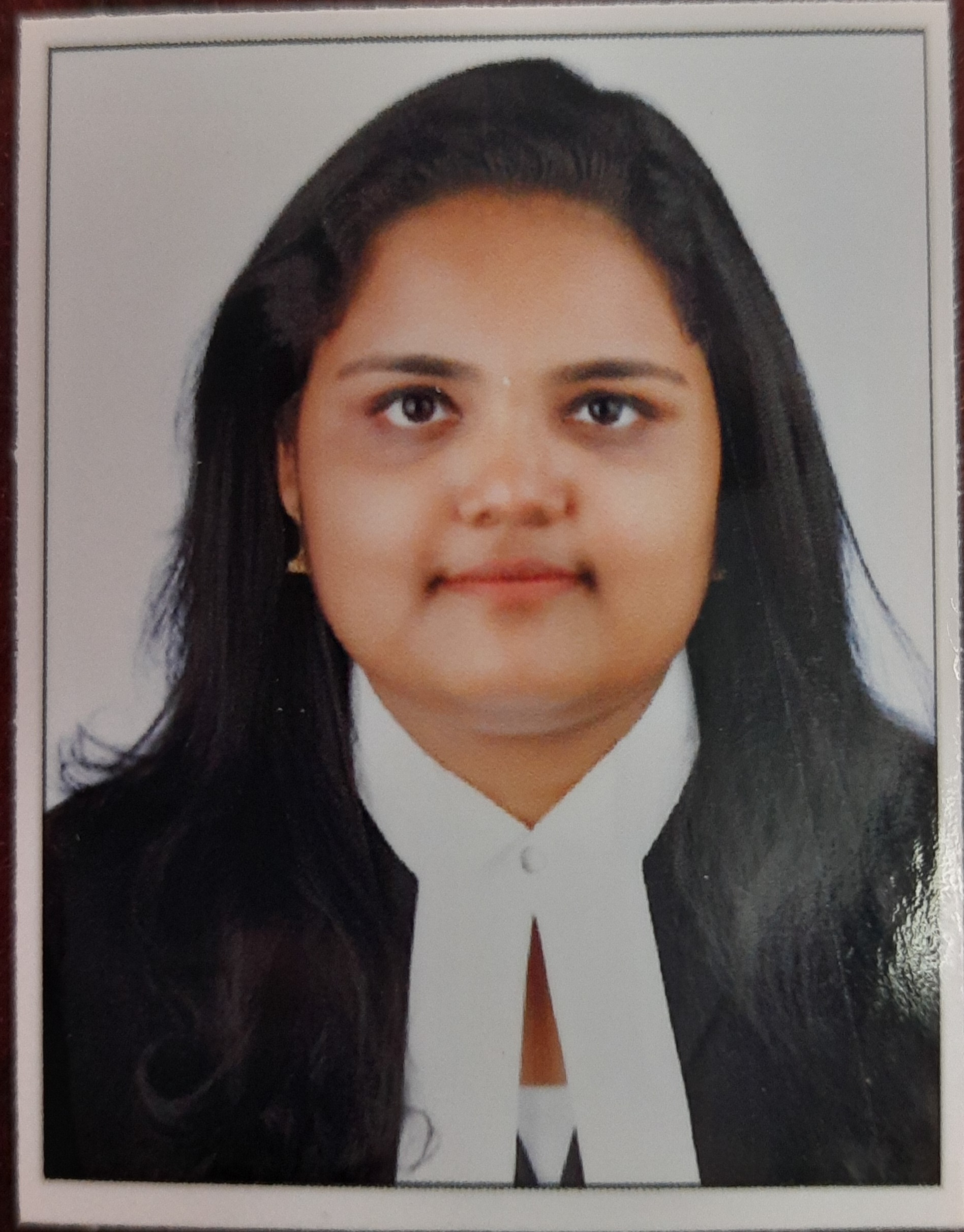
K/4180/2023 |

K/159/1995 |

K/994/2005 |
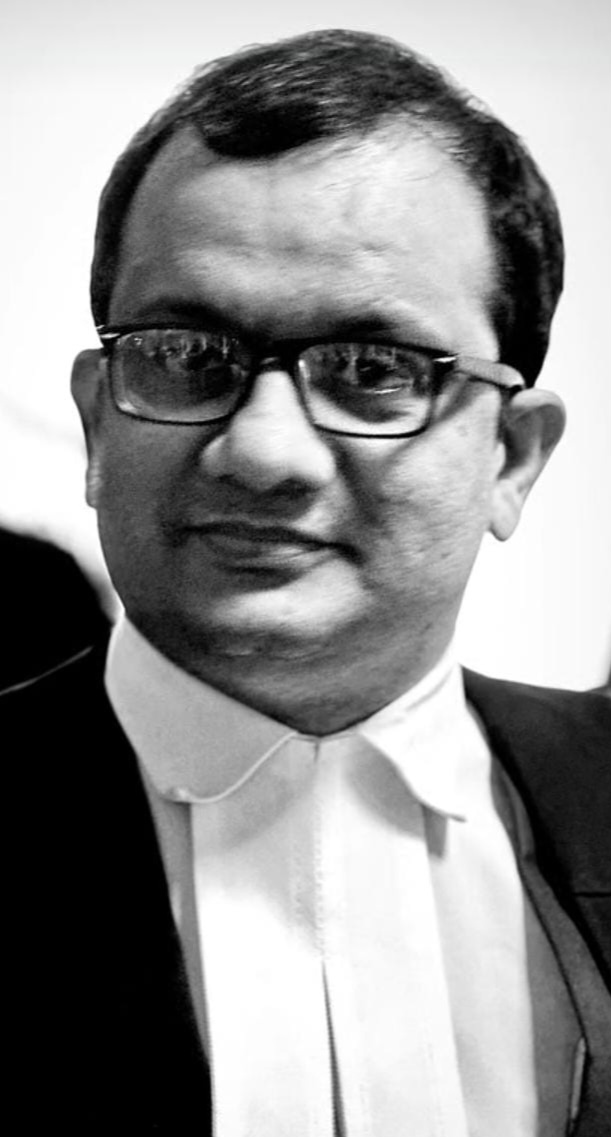
K/351/2003 |

K/1150/2009 |

K/160/2010 |

K/1187/2021 |

K/517/2018 |
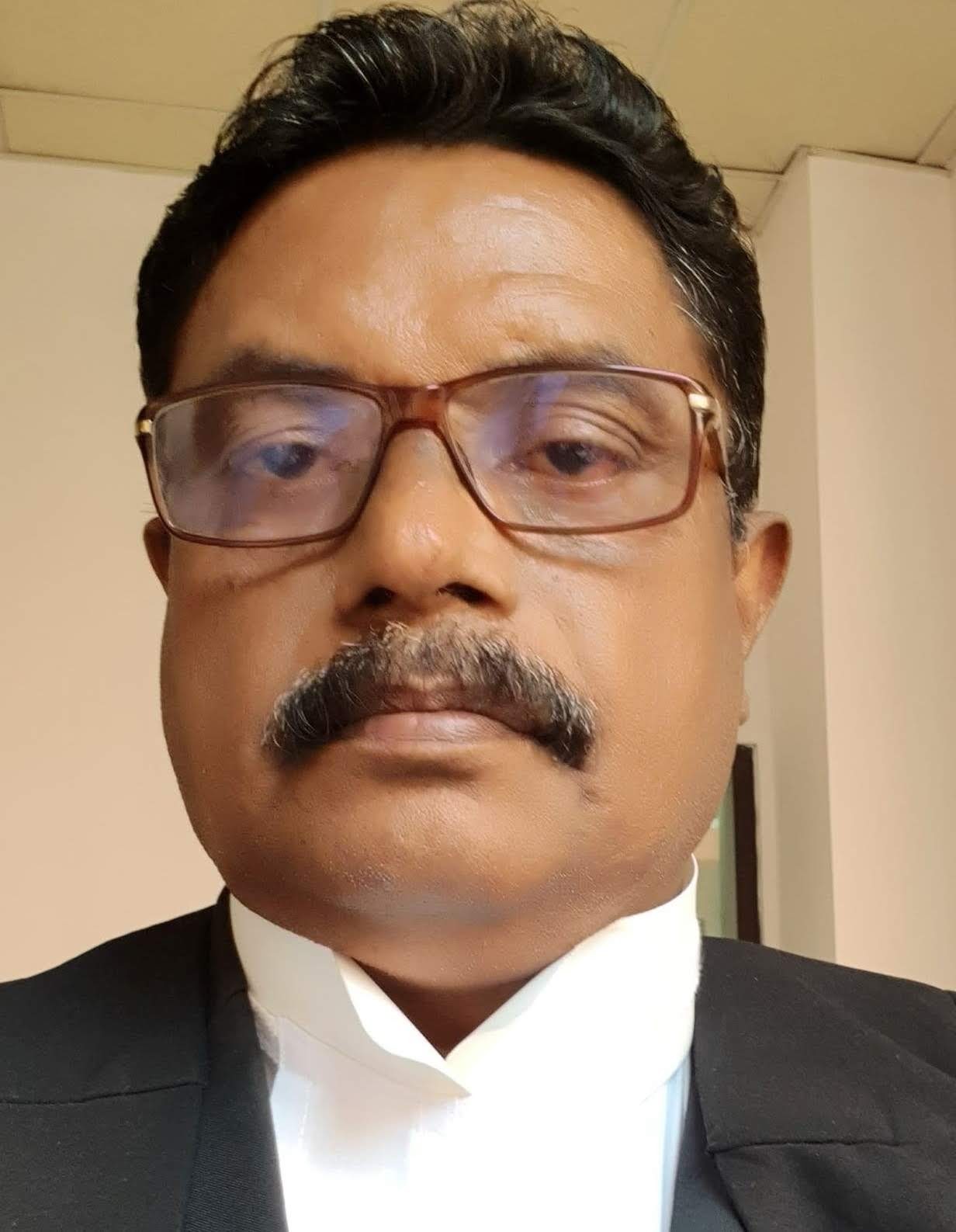
K/655/1987 |
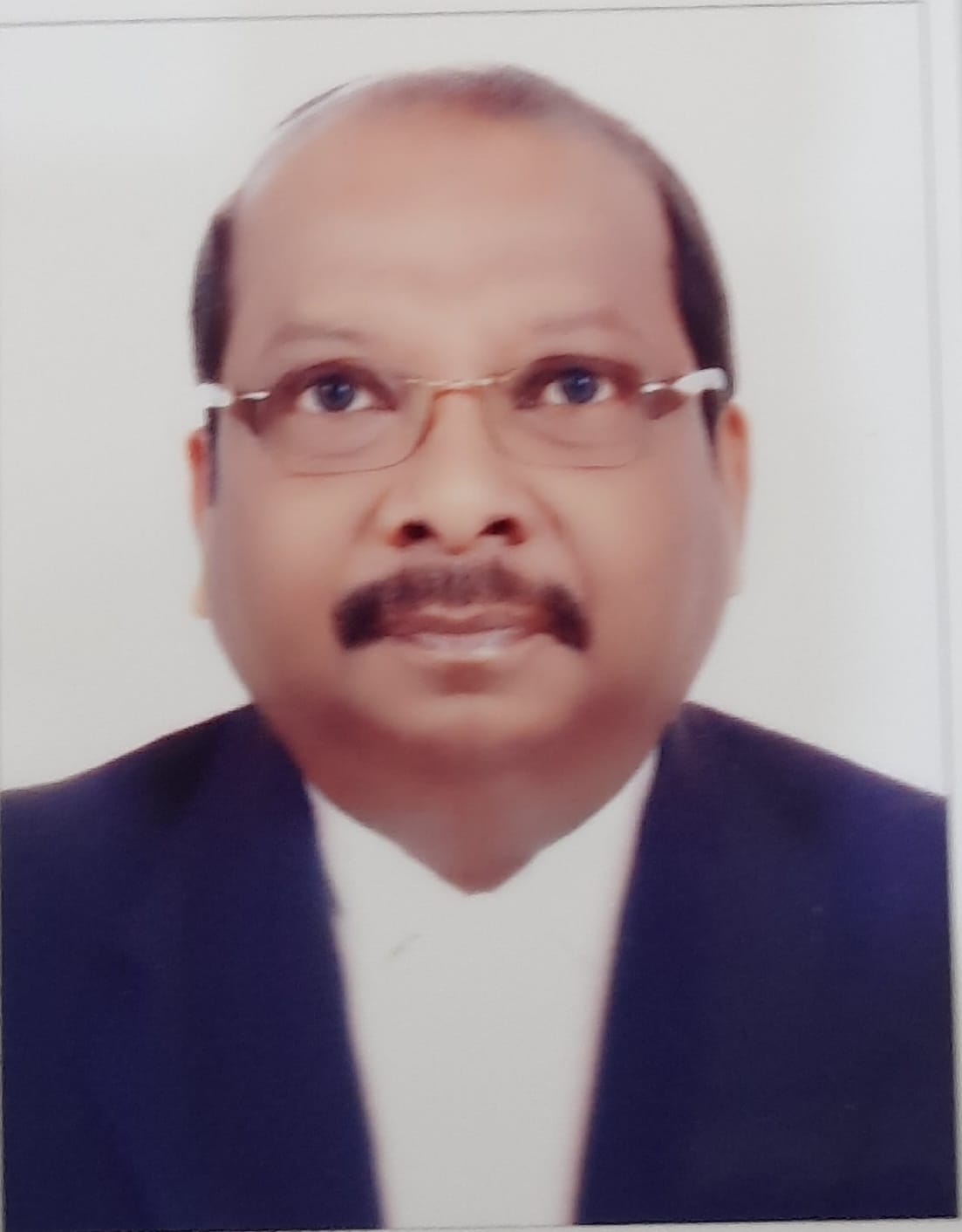
K/625/1987 |

K/1647/2023 |

K/355/2000 |

